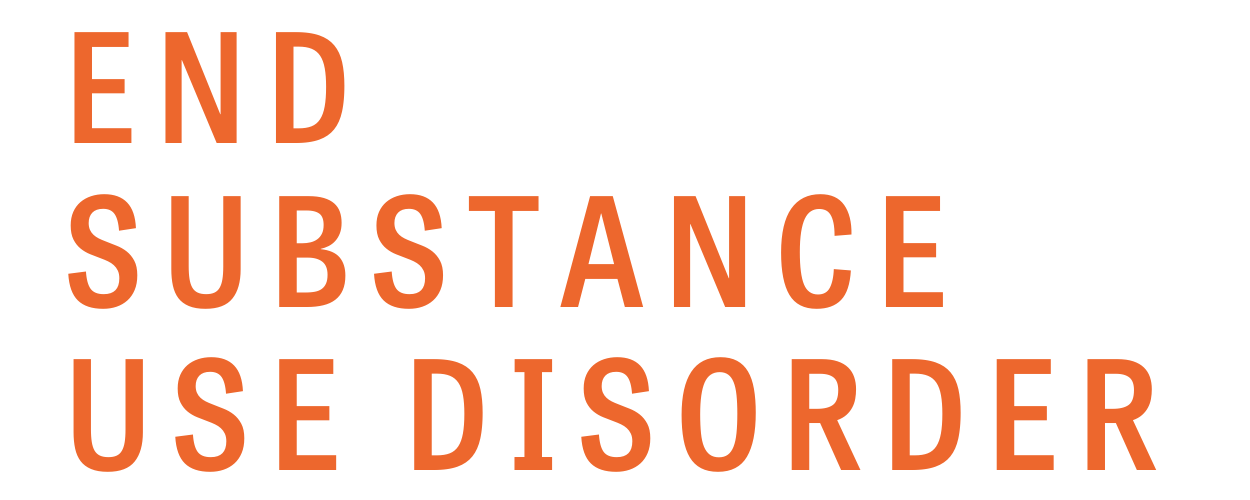As Opioid Trials Proceed, End Substance Use Disorder Endorses Principles for Use of Funds from the Litigation
Today, End Substance Use Disorder endorsed a set of guiding principles for how states, cities, and counties should use funds received from opioid manufacturers, pharmaceutical distributors and pharmacies as a result of litigation brought against these companies for their role in the opioid epidemic that has claimed more than half a million lives over the past two decades.
The principles, led by the Johns Hopkins Bloomberg School of Public Health, include:
Spend money to save lives
Use evidence to guide spending
Invest in youth prevention
Focus on racial equity
Develop a fair and transparent process for deciding where to spend the funding.
Each of the principles includes concrete actions that states, cities, and counties can implement to ensure that the funds from the opioid litigation address the root causes of the overdose crisis and get help to Americans affected by opioid use disorder.
“No company or individual should profit on the deaths and suffering of our loved ones,” said End Substance Use Disorder president Erin Schanning. “Our government officials have a solemn responsibility to the people and families who are the victims of these heartless actions. We have faced indescribable pain and heartache while executives fostered illness across the country in a blind chase for profit. We will be watching our government officials to ensure that the funds from these trials and settlements are used to end opioid overdose crisis.”
End Substance Use Disorder president, Erin Schanning, is a former litigator who lost her little brother, Ethan, to an overdose death at the age of 30. Ethan’s opioid use disorder started with a prescription for opioids after a dental procedure when he was in middle school.
